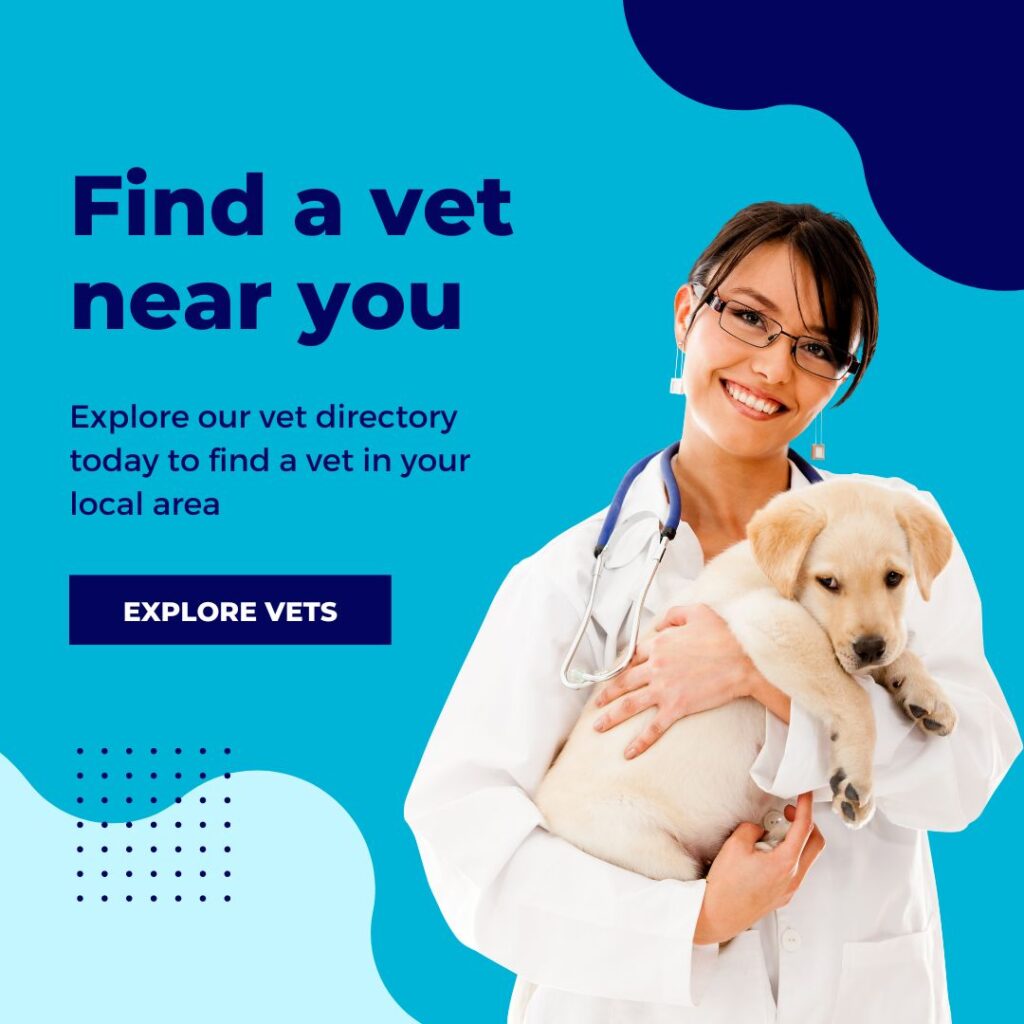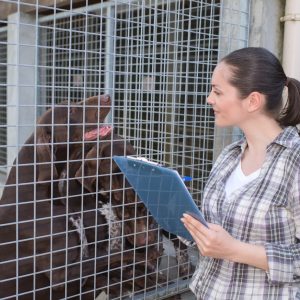WHAT’S IN THIS ARTICLE?
Wherever you have acquired your kitten from (a breeder, a friend, a neighbour, a rehoming organisation or elsewhere) a number of routine veterinary visits will be needed in the first few months of the kitten’s life to help keep the kitten in optimum health and prevent some important diseases in the future.
Important Discussions to Have with Your Vet
Here is a check-list of some of the important things you should talk to your vet about during the visits:
- Cat carrier: Choosing the right cat carrier or basket can make an enormous difference to how easy visits to the vet can be.
- Reducing stress: kittens and cats often get stressed and anxious when taken away from their normal (home) environment, but your vet will be able to advise on a number of things you can do that will help to minimise stress.
- Feeding: kittens and young cats are growing at an incredible rate, and this combined with some of the unusual nutritional requirements of cats means it is vitally important to feed the right diet(s) to support optimum health and growth in your kitten.
- Vaccinations: There are a number of comments, serious infections that can affect cats and just like humans, vaccines can give vital protection against a number of these. Common important diseases where vaccination can help include feline parvovirus, feline herpesvirus, feline calicivirus, and feline leukaemia virus.
- Neutering: Unless intended for breeding, neutering (spaying or castrating your kitten) has many advantages as well as preventing unwanted litters of kittens. Usually the best time for neutering is before the kitten reaches sexual maturity (so usually around 4-6 months of age) so it is best to talk to your vet about this earlier rather than later.
- Identification: Microchipping your kitten is a safe and highly effective way of being able to permanently identify your kitten, and helping to reunite you with your kitten if they get lost – this can be safely done by your vet at an early age.
- Worming: Kittens and cats are commonly affected by internal parasites (worms) that can be acquired in a number of ways. Your vet will be able to advise you on the safest and most effective products to use and how frequently to use them.
- Flea control: It is an unfortunate fact of life that many kittens and cats acquire fleas from time to time. The risk of getting fleas varies with the lifestyle of the cat, the area you live in and the time of year, but your vet can advise on what control measures are needed and what is safe and effective for your kitten.
- Behaviour: Ensuring your kitten develops well emotionally and behaviourally is as important as its physical growth. There are many aspects of this which you can talk through with your vet including providing the appropriate environment, toys to play with, how to groom and stroke your kitten, and how to play with your kitten and ensure positive human interactions.
These are some of the most important things to talk to your vet about. Owning a kitten and watching it grow into an adult cat is enormously enjoyable, and helping the kitten grow into a healthy, happy pet that is well-adapted to the home environment will ensure years of pleasure to come.









